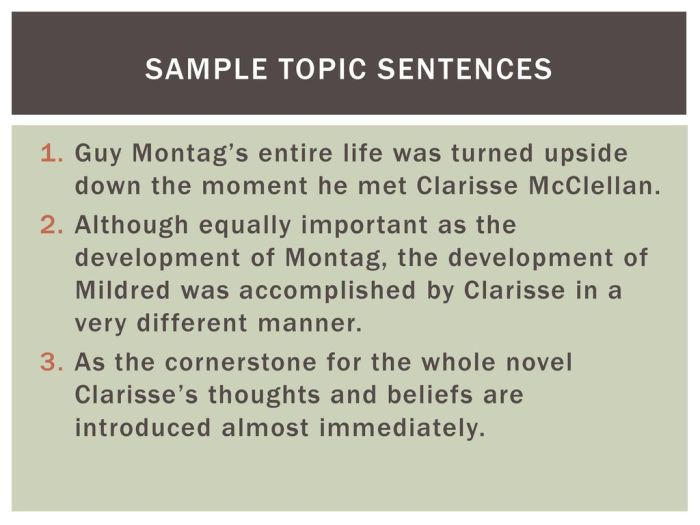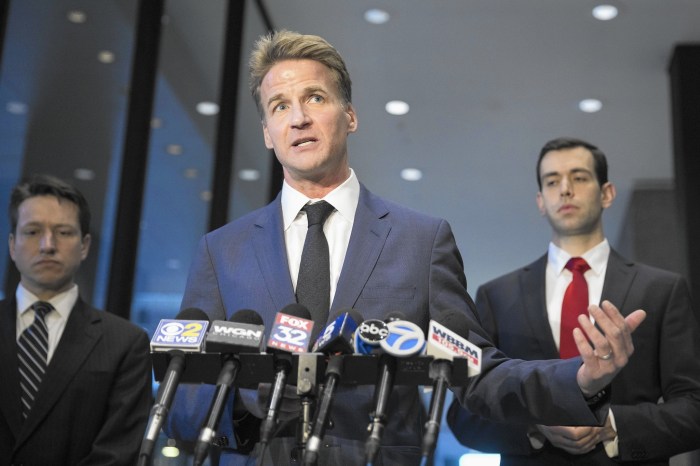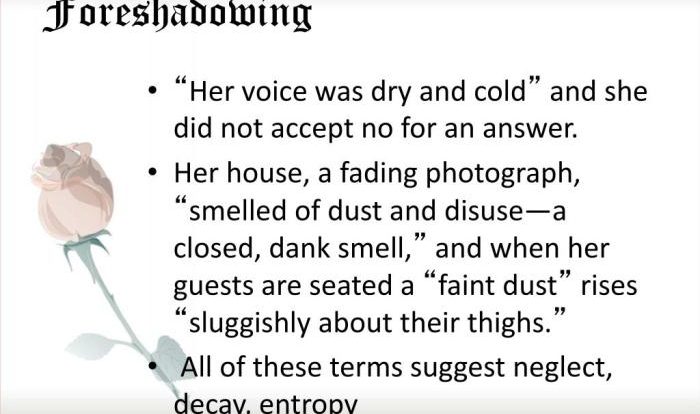What was different about the hobos montag met – In Ray Bradbury’s dystopian masterpiece, Fahrenheit 451, the enigmatic hobos Montag encounters challenge societal norms and ignite a profound transformation within him. These vagabonds, with their unique characteristics and profound insights, play a pivotal role in the narrative, embodying the complexities of human nature and the search for meaning in a world on the brink of collapse.
Their distinctive physical appearances, marked by rugged features and weathered attire, reflect their marginalized status and detachment from the conformist society. However, beneath their unassuming exteriors lie sharp minds and a deep understanding of the human condition. They possess a rebellious spirit, questioning authority and challenging the superficiality of the consumer-driven world.
Characterization of Hobos

The hobos Montag encounters in Ray Bradbury’s Fahrenheit 451 are a distinct group of characters with unique physical and personality traits. They are often described as having weathered faces, long hair, and unkempt clothing, reflecting their nomadic lifestyle. They possess a strong sense of independence and a deep appreciation for nature.
Attitudes and motivations of the hobos vary. Some are content with their transient existence, finding solace in the simplicity of life on the road. Others harbor a deep-seated resentment towards society, particularly its emphasis on materialism and conformity. They challenge the established norms and values, advocating for a return to a more primitive and meaningful way of life.
In comparison to other characters in the novel, the hobos represent a stark contrast to the highly regulated and technologically advanced society Montag inhabits. They embody a rejection of the dominant culture and its obsession with technology and mass media.
Their presence serves as a reminder of the alternative paths and perspectives that exist beyond the confines of Montag’s oppressive society.
Role in the Narrative: What Was Different About The Hobos Montag Met

The hobos play a significant role in the narrative of Fahrenheit 451. Their presence challenges Montag’s preconceived notions and sets him on a path of self-discovery.
Interactions with Montag and other characters: The hobos’ interactions with Montag are particularly influential. They expose him to ideas and perspectives that challenge his belief in the government and the value of technology. Their presence also prompts Montag to question his own role in the society and his complicity in its oppressive practices.
Influence on the plot: The hobos’ presence influences the development of the plot in several ways. Their encounter with Montag leads to his decision to steal and read books, which ultimately sets him on a path of rebellion against the society.
Their knowledge of the underground resistance movement provides Montag with a connection to a network of individuals who share his beliefs.
Symbolism and Metaphor

The hobos in Fahrenheit 451 serve as potent symbols and metaphors.
Symbolic meaning: The hobos represent the marginalized and disenfranchised individuals in society. They embody the resistance to oppression and the search for meaning in a world that has lost its way. Their presence symbolizes the hope for a better future and the possibility of redemption.
Metaphorical significance: The hobos’ actions and beliefs carry metaphorical significance. Their wandering lifestyle represents the journey of self-discovery and the search for truth. Their rejection of technology and mass media symbolizes the importance of human connection and the preservation of individuality in a society that values conformity and superficiality.
Impact on Montag

The hobos have a profound impact on Montag’s transformation throughout the novel.
Challenge beliefs and actions: The hobos’ ideas and experiences challenge Montag’s beliefs about the world and his role in it. They expose the flaws in the society and the emptiness of his existence. Their influence leads him to question his loyalty to the government and his profession as a fireman.
Influence ultimate decision: The hobos’ presence and guidance play a crucial role in shaping Montag’s ultimate decision to join the resistance movement. Their knowledge of the underground network and their unwavering belief in the power of books inspire Montag to take a stand against the oppressive society and fight for a better future.
Query Resolution
How do the hobos differ from other characters in the novel?
Unlike the conforming citizens of Montag’s society, the hobos embrace individuality, reject consumerism, and possess a deep understanding of the human condition.
What is the symbolic significance of the hobos in the novel?
The hobos represent the marginalized and oppressed voices of society, challenging the established order and embodying the search for meaning and freedom.
How do the hobos influence Montag’s transformation?
Through their conversations and experiences, the hobos awaken Montag to the flaws of his society, inspire him to question authority, and ignite his passion for knowledge and individuality.
